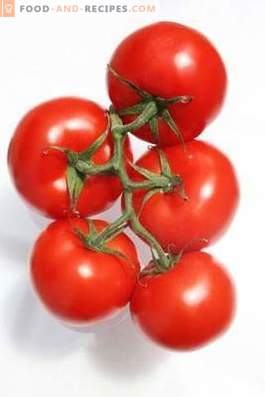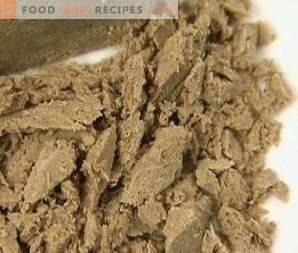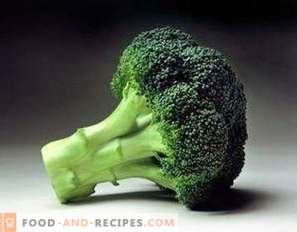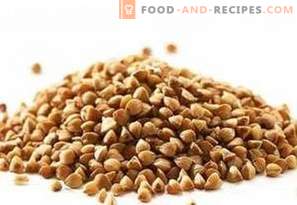
Once upon a time our ancestors considered tomato poisonous. And even after he was allowed to go to the table, they were treated to this vegetable (in fact, a berry, but we are so accustomed to it) with a certain apprehension. Who would know that this blood-red juicy handsome so useful!
Today, everyone knows the benefits of tomato, it is used in national cuisines of the whole world and it has been proven that regular consumption of tomatoes has a beneficial effect on the body and helps in the prevention of many diseases.
How are tomatoes useful?
The bright red color of tomatoes is caused by a substance like lycopene, but it not only gives beauty, but also is a powerful antioxidant that neutralizes the negative effects of free radicals. So tomato is a good helper in the fight for clean, beautiful skin and hair. Tomatoes are rich in vitamin B and potassium, and this helps reduce blood pressure, regulates cholesterol levels in the blood, prevents cancer and cardiovascular diseases, strengthens bones. Tomatoes are useful for the urinary system, they reduce the risk of urinary organs diseases with various infections, indirectly contribute to the dissolution of gallstones. For patients with diabetes, tomatoes are also beneficial, they normalize blood sugar levels. During heat treatment, tomatoes do not lose their nutritional value. Refried tomatoes in oil are very useful for men who want to maintain sexual power. Tomatoes with herbs and nuts, olive oil, olives, cereals are very nutritious. Tomatoes are part of the Mediterranean diet, which is under the protection of UNESCO and is recognized as the healthiest in the world. It is believed that by following this diet, you can keep healthy and meet old age vigorous, full of strength and without chronic diseases. This signor is not so simple - a tomato.
How many calories per 100g of tomatoes
100 grams of fresh tomatoes contain only 19.9 calories, that is, this is a very light diet product.
2 calories are fat, 2 are proteins, and 17 are carbohydrates.
Nutritional value of fresh tomatoes:
- water - 93, 5 gr
- carbohydrates - 4, 2 gr
- mono - and disaccharides - 3, 5 gr
- food fibers - 0, 8 gr
- ash - 0, 7 gr
- proteins - 0, 6 gr
- organic acids - 0, 5 gr
- fats - 0, 2 gr
- starch - 0, 3 gr
Vitamins in tomatoes:
- Vitamin C - 25 mg
- choline - 6, 7 mg
- beta carotene - 1, 2 mg - vitamin PP (Niacin equivalent) - 0.5996 mg
- vitamin PP - 0.5 mg
- Vitamin E (TE) - 0, 4 mg
- vitamin B5 (pantothenic) - 0, 3 mg
- vitamin B6 (pyridoxine) - 0, 1 mg
- Vitamin B1 (thiamine) - 0.06 mg
- vitamin B2 (riboflavin) - 0.04 mg
- Vitamin A (ER) - 200 µg
- vitamin B9 (folic) - 11 µg
- vitamin K (phylloquinone) - 7, 9 μg
- Vitamin H (biotin) - 1, 2 µg
Content of macronutrients in tomatoes:
- potassium - 290 mg
- chlorine - 57 mg
- sodium - 40 mg
- phosphorus - 26 mg
- magnesium - 20 mg
- calcium - 14 mg
- sulfur - 12 mg
The content of trace elements in tomatoes:
- iron - 0, 9 mg
- zinc - 0, 2 mg
- manganese - 0, 14 mg
- rubidium - 153 mcg
- boron - 115 mcg
- copper - 110 mcg
- fluorine - 20 mcg
- iodine - 2 mcg
- Nickel - 13 mcg
- molybdenum - 7 mcg
- cobalt - 6 mcg
- chrome - 5 mcg
- selenium - 0, 4 mcg























